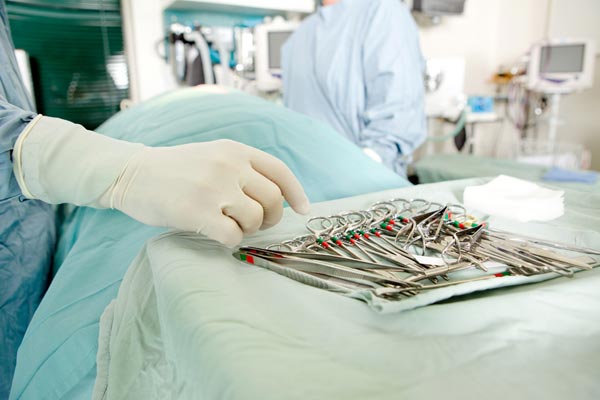What Happens During a Cardiac Ablation?

Get the world’s most fascinating discoveries delivered straight to your inbox.
You are now subscribed
Your newsletter sign-up was successful
Want to add more newsletters?

Delivered Daily
Daily Newsletter
Sign up for the latest discoveries, groundbreaking research and fascinating breakthroughs that impact you and the wider world direct to your inbox.

Once a week
Life's Little Mysteries
Feed your curiosity with an exclusive mystery every week, solved with science and delivered direct to your inbox before it's seen anywhere else.

Once a week
How It Works
Sign up to our free science & technology newsletter for your weekly fix of fascinating articles, quick quizzes, amazing images, and more

Delivered daily
Space.com Newsletter
Breaking space news, the latest updates on rocket launches, skywatching events and more!

Once a month
Watch This Space
Sign up to our monthly entertainment newsletter to keep up with all our coverage of the latest sci-fi and space movies, tv shows, games and books.

Once a week
Night Sky This Week
Discover this week's must-see night sky events, moon phases, and stunning astrophotos. Sign up for our skywatching newsletter and explore the universe with us!
Join the club
Get full access to premium articles, exclusive features and a growing list of member rewards.
"The Healthy Geezer" answers questions about health and aging in his weekly column.
Question: When doctors perform a cardiac ablation, what exactly do they do?
Answer: Ablation is a surgical excision of tissue. Cardiac ablation corrects heart arrhythmias by destroying tissue that blocks the electrical signal traveling through your heart to make it beat. By clearing the signal pathway of the abnormal tissue, your heart can beat properly again.
Normally, an electrical signal spreads from the top of your heart to the bottom. As it travels, the electrical signal causes your heart to contract and pump blood. The process repeats with each new heartbeat.
A surgeon makes a small cut into one of the blood vessels of the groin, neck or arm. Then a catheter is inserted into the vessel and guided by x-ray into the heart. Flexible tubes with electrodes are run through the catheter. The electrodes locate the problem area and destroy it.
Radiofrequency (RF) energy usually is used for catheter ablation. This type of energy uses radio waves to produce heat that destroys the heart tissue. Studies have shown that RF energy is safe and effective.
Cardiac ablation is done in a hospital by a specially trained staff. The procedure lasts three to six hours. Some people go home the same day as the procedure. Others need to be admitted for one or more days. Most people return to their normal activities in a few days.
Get the world’s most fascinating discoveries delivered straight to your inbox.
Before the procedure, a patient is given a drug intravenously for relaxation. The surgeon then numbs the catheter insertion site. Patients may experience some burning sensations during the procedure.
Your doctor may recommend catheter ablation if medicine can't control your arrhythmia or if you are at risk for a life-threatening type of arrhythmia or sudden cardiac arrest.
The risk of complications from catheter ablation is higher if you are older than 75 or have diabetes or kidney disease. These risks include: bleeding, infection, and pain at the insertion site; blood-vessel damage; a heart puncture; damage to the heart's electrical system; blood clots, which could lead to stroke or other complications; narrowing of the veins that carry blood from the lungs to the heart.
Although catheter ablation is often successful, some people need repeat procedures. You may also need to take medications, even after you've had ablation.
If you would like to read more columns, you can order a copy of "How to be a Healthy Geezer" at http://www.healthygeezer.com.
All rights reserved © 2012 by Fred Cicetti
More from the Healthy Geezer:
 Live Science Plus
Live Science Plus










